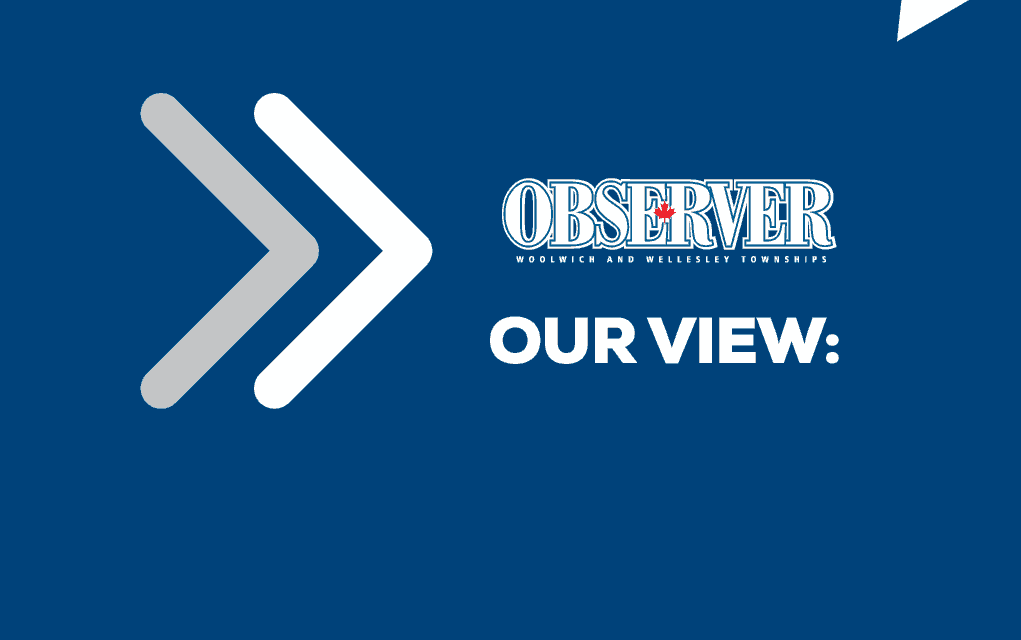;
;
;
This week marked one year since the killing – now murder – of George Floyd at the hands of police in Minneapolis, an event that launched protest movements in the U.S. and around the world. It wasn’t the first police killing of a Black person to spark outrage, but it resonated like few before it, […]
Last updated on May 03, 23
Posted on May 27, 21
3 min read
